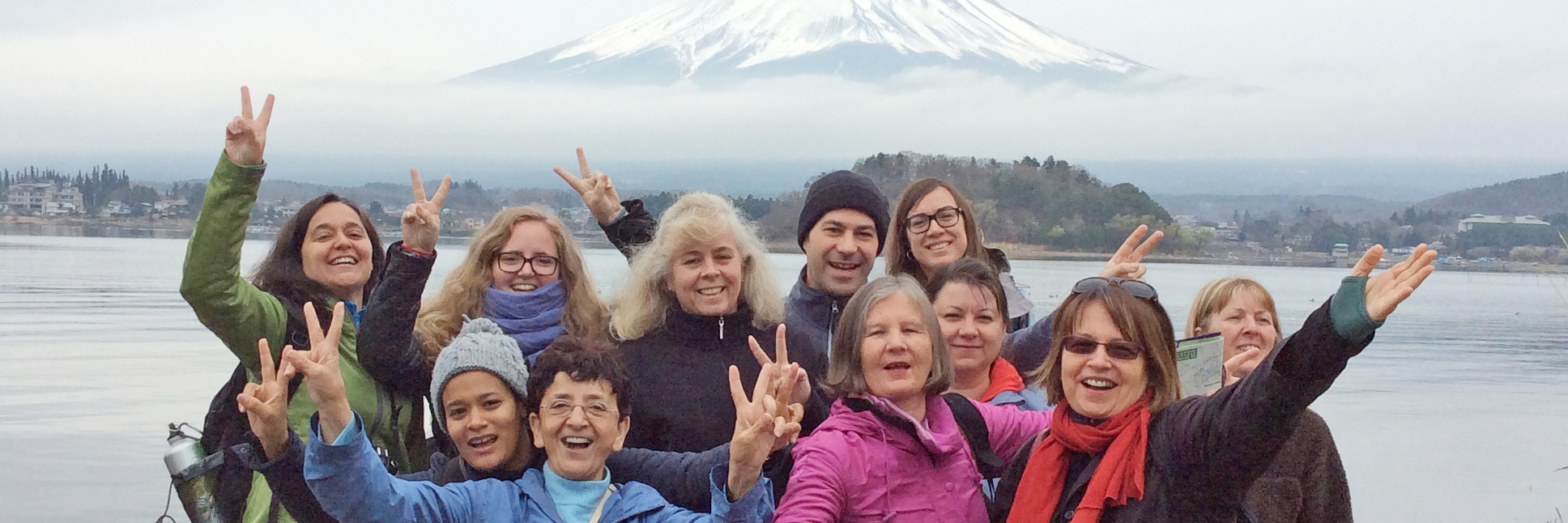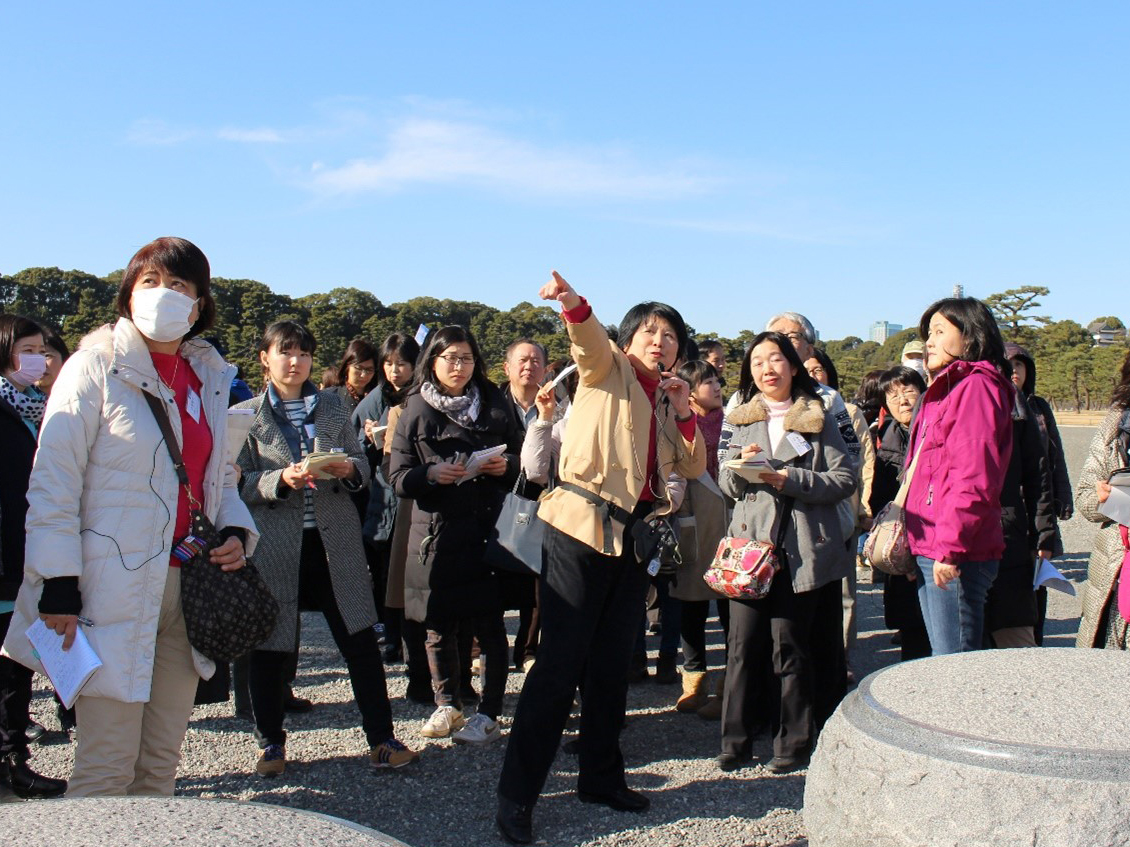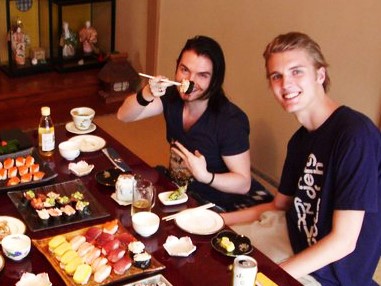Our Strengths

True Japan Tour Co. (TJT) has three strengths that set us apart from other travel agencies in Japan. The three points of below has enabled us to ensure an absolute supply of guides and cultural instructors who can convey the essence of Japanese culture in English at any time, which is why major Japanese travel agencies have used True Japan Tour.

As a group company, TJT has Japan's largest organization of guide interpreters, the Institute for Japanese Culture Experience Exchange (IJCEE), to ensure we have the guides we need. IJCEE is Japan's largest organization of guide interpreters, with over 1,000 members constantly improving their guide skills. Our members are diverse, and we have the right people in the right places. Its seven characteristics are 1) English interpreter guides are the most numerous, with over 800. There are guides for languages other than English, French, Spanish, Chinese, German, Italian, etc.

Our Japanese cultural experience includes 16 years of experience and offers many strengths that are difficult for a latecomer to imitate. The following five points are our strengths. 1) Instructors must speak foreign languages. All of our culturally experienced instructors speak foreign languages. So, we can answer your questions. Let me give you an example. Our program is called Practicing Zen through the Tea Ceremony. The tea ceremony is an act based on the spirit of Zen.

The TJT & IJCEE Group can handle a wider range of work thanks to its extensive network of contacts. 1) Kinki Nippon Tourist (KNT) is the second largest travel agency in Japan. As a result, we have a large inventory of accommodation and transportation. Today, Japan Tours needs help in securing hotels. In planning and implementing Tailored Tours, we will cooperate with KNT to make a wide range of plans feasible. 2) Japan Association of Guide - Interpreter Organization (JAGO) Ryozo Yonehara, the president of our company, is also the chairman of the Japan Association of Guide Interpreter Associations.



